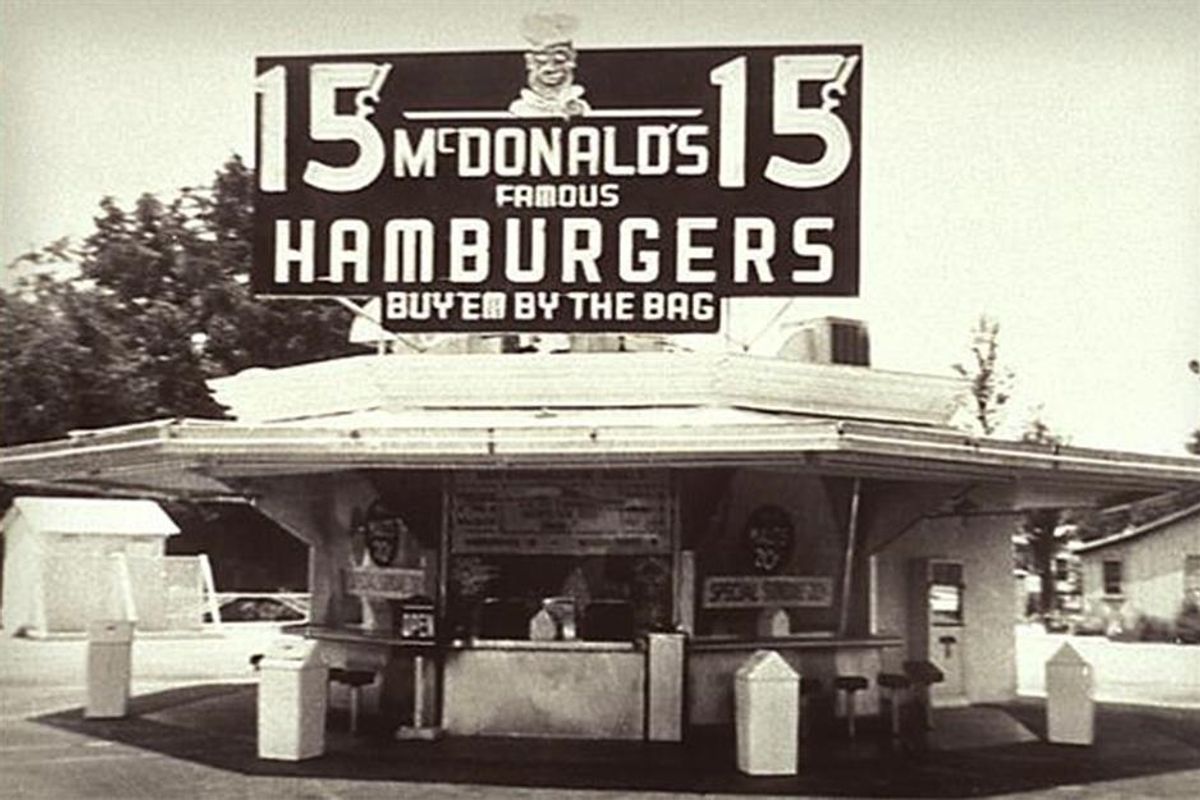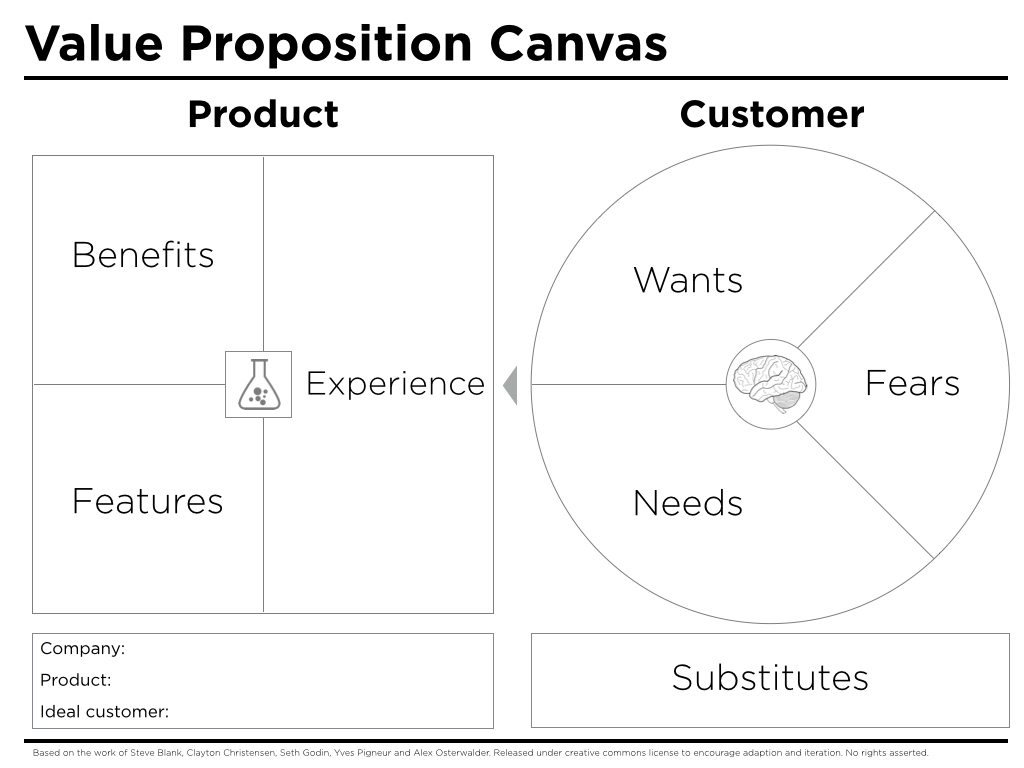
Being able to clearly define your value proposition can be hugely successful for a business, providing them a significant competitive advantage. Here are three steps to develop your value proposition.
Listen To The Article
What Is A Value Proposition?

First, let's take a look at what a value proposition is. A value proposition summarizes a promise of value, delivered to customers should they choose to buy your product or service. A good value proposition, as defined by Peep Laja, explains three things:
- Relevancy: Explains how your product solves customers' problems or improves their situation.
- Quantified Value: Delivers specific benefits.
- Differentiation: Tells the ideal customer why they should buy from you and not from the competition.
Understanding Your Value

In 1948, two brothers opened a burger joint selling them for half the price in half the time, utilizing self-serve counters, with food prepared ahead of time and kept warm under heat lamps, giving them an overwhelming competitive edge. In 1954, a traveling appliance salesman, Ray Kroc, convinced the McDonald brothers to let him sell franchises. Over time, he built the company into the multi-billion dollar enterprise it is today ($170B).
Ray Kroc had a vision for these unique hamburger joints: to serve burgers, fries, and beverages that taste as good in Alaska as they do in Alabama. The most important part of any business is the value it provides to its customers. McDonald's has been known for their value proposition: food of a constant quality, that is served quickly and consistently across the globe.
When crafting your brand's value proposition, think about the value you deliver to your customers. How does this value focus on a need that you fill in a unique way?
How To Create A Value Proposition
In my experience, many businesses struggle to define their value proposition because they don't know how to identify their unique offering that differentiates themselves from their competitors. When it comes down to it, there may not be a great deal of difference between you and your competitors. However, for your brand to stand out and be successful, you need to create a perception of unique value.
Here are three steps to create a value proposition that's actually valuable.
Step 1: Look For A Theme/Angle
Start by looking for a theme or angle for your value proposition. There are four categories of value propositions that work. If your value proposition does not fit into one of these categories, look at adjusting your approach.
- Best Quality: Successful brands in this category, set best-in-class standards, defining what quality is (i.e., Benjamin Moore paint).
- Best Bang For The Buck: Consumers are looking for the best quality-to-price ratio in this category (i.e., JetBlue).
- Luxury & Aspiration: This category promises the experience of a wealthy lifestyle to aspirational consumers (i.e., Patek Philippe).
- Must-Haves: The "must-have" content that business professionals could not do their jobs without (i.e., legal information and tools WestLaw provides to lawyers).

The Value Proposition Canvas tool is formed around two building blocks:
The Customer:
- Wants: What are the emotional drivers of purchasing?
- Fears: What are the risks of switching to your product?
- Needs: What are the rational drivers of purchasing? What are your customers' hidden needs?
Product Value:
- Benefits: What does your product do for your customers?
- Features: How does your product work?
- Experience: What does it feel like to use your product?
We help (X) do (Y) by doing (Z).
Final Thoughts
Your value proposition is a promise of value to future customers. If that promise is delivered successfully, you will turn your potential customers into paying customers. Spending time developing a clear, distinct, and meaningful value proposition will pay off by driving growth, conversions, and customer lifetime value for your business. Start building your brand leadership today. You've got this!

 Bigstock
Bigstock Bigstock
Bigstock Bigstock
Bigstock


